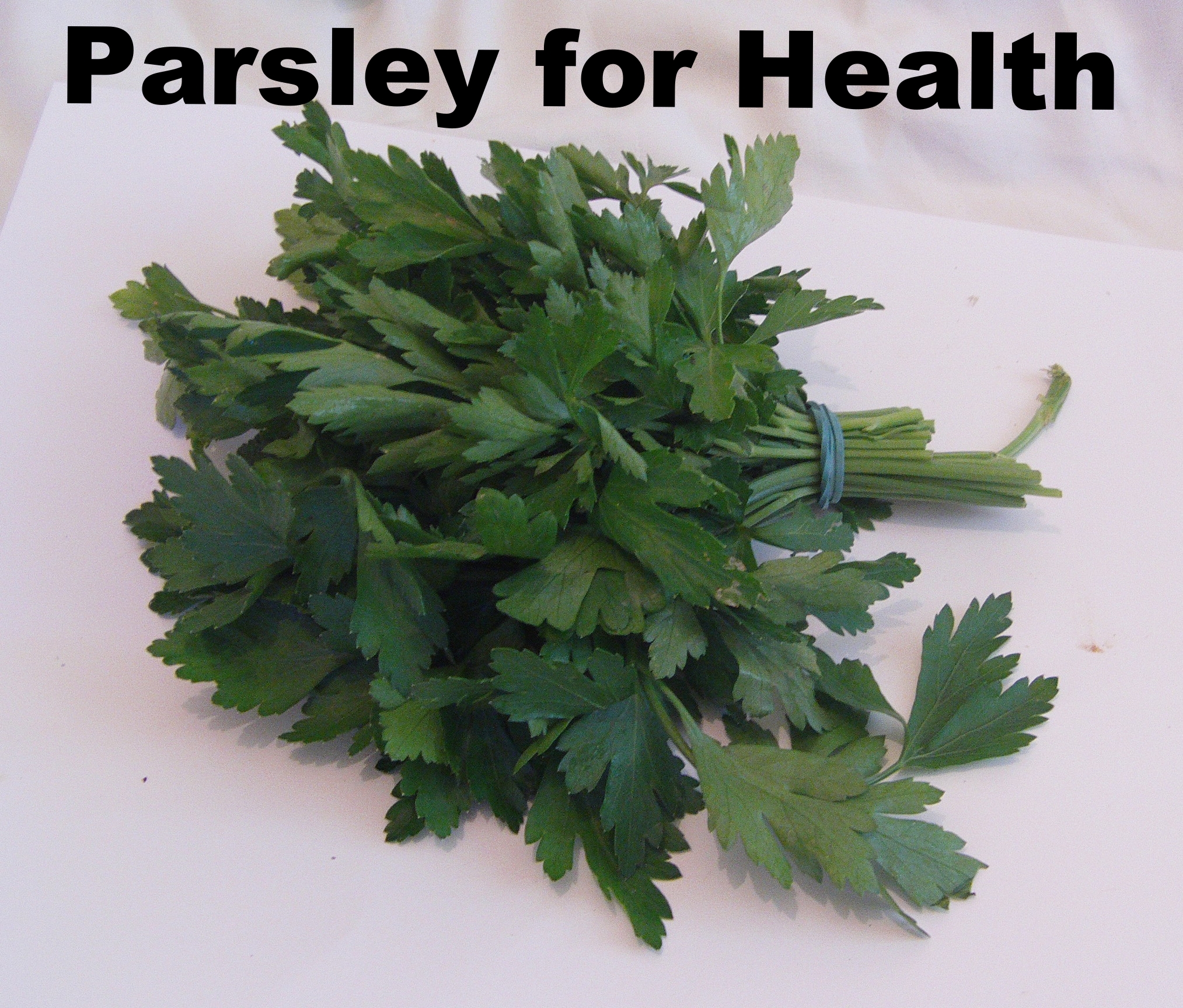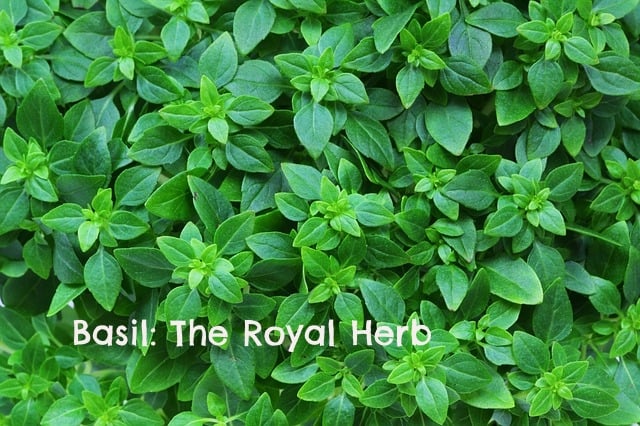
Parsley (Petroselinum crispum) - More than Just a Garnish
Often thought of only as garnish for a pretty plate, parsley is a delicious, vibrant green herb with many...

The History of Basil
"Basil" is derived from the Greek word basilikon for "royal." Native to India, Africa and Asia, basil has been known:
Used as a botanical in embalming bodies in Egypt, basil is now prominently used in a number of the world's cuisines, including Italian, Thai, Vietnamese and Laotian. It's powerful content of antioxidant flavonoids makes it an important staple in maintaining a healthy diet.
Using Basil for It's Nutrients and Health Benefits
To preserve the most benefit of this nutrient-rich plant, it is important to know how to best use it in the diet and in cooking. Here are some tips on using basil for greatest health benefits.
Basil is most aromatic when purchased fresh. Look for crisp, vibrant, green leaves, avoiding those with dark spots or yellowing. Dried basil can be used when there isn't fresh around. I recommend purchasing organically grown fresh or dried basil whenever possible.
Lightly rinse fresh basil, wrap in a slightly damp paper towel and store in the refrigerator for up to a week. Do not store in the bottom of the refrigerator where it is most cold as it will develop dark spots on the leaves. You can also chop or blend with olive oil and store in the refrigerator. It can be frozen whole or chopped and stored in an airtight container for up to three months. Dried basil can be stored in a tightly sealed glass container in a cool, dark and dry place for up to six months.
Basil can be quickly rinsed under cold water and patted dry before use. However, it should not be soaked in water as it will lose much of its water soluble nutrients in the water. Leaves should be pulled off the stem to reduce the bitternes found in the stems.
Adding basil to dishes at the end of the cooking time or sprinkled on fresh when serving will preserve its health benefits the most. Dried basil loses much of its aromatic properties, but it can be enhanced by cooking. It is recommended to add dried basil about half way through the cooking time. Basil can stand on it its own, but also mixes well with other spices like garlic, thyme and oregano.
Quick Tips
Basil is an aromatic medicinal plant that can be used to flavor cooking while bringing several health benefits to the table. Use it often in cooking by making pesto, added to salads or sprinkled on soups. It's very easy to grow some basil in the garden or potted on your balcony. Try the many varieties including sweet basil, holy basil, lemon basil, anise basil and cinnamon basil. Some of these can be found in antioxidant supplements like Designs for Health, Ulitmate Antitox Full Spectrum.
Sources:
The World's Healthiest Foods: Essential Guide for the Healthiest Way of Eating
The Encyclopedia of Healing Foods

Parsley (Petroselinum crispum) - More than Just a Garnish
Often thought of only as garnish for a pretty plate, parsley is a delicious, vibrant green herb with many...

By Art Presser, PharmD - President, Huntington College of Health Sciences
Cat’s Claw is a woody vine that winds itself...